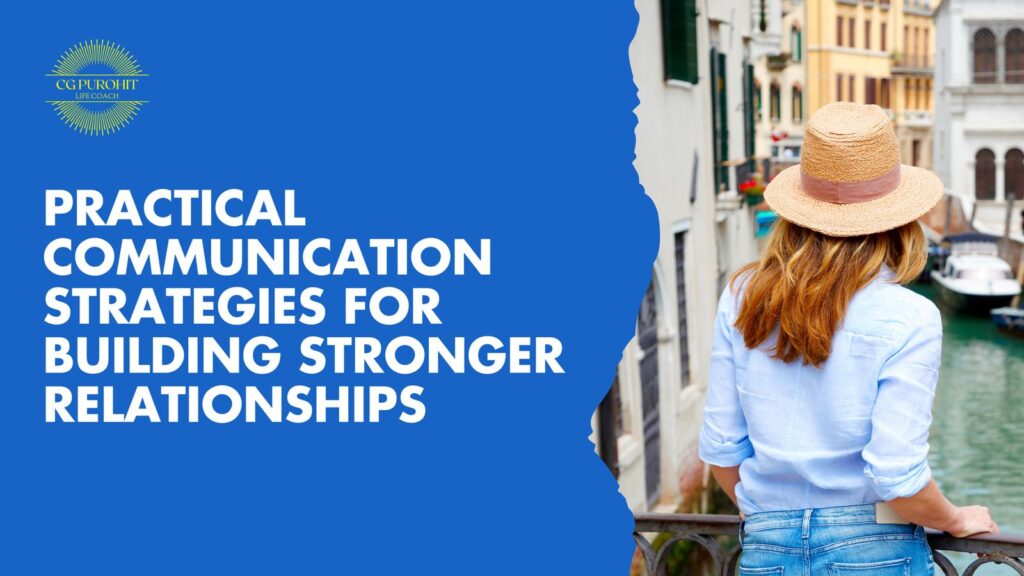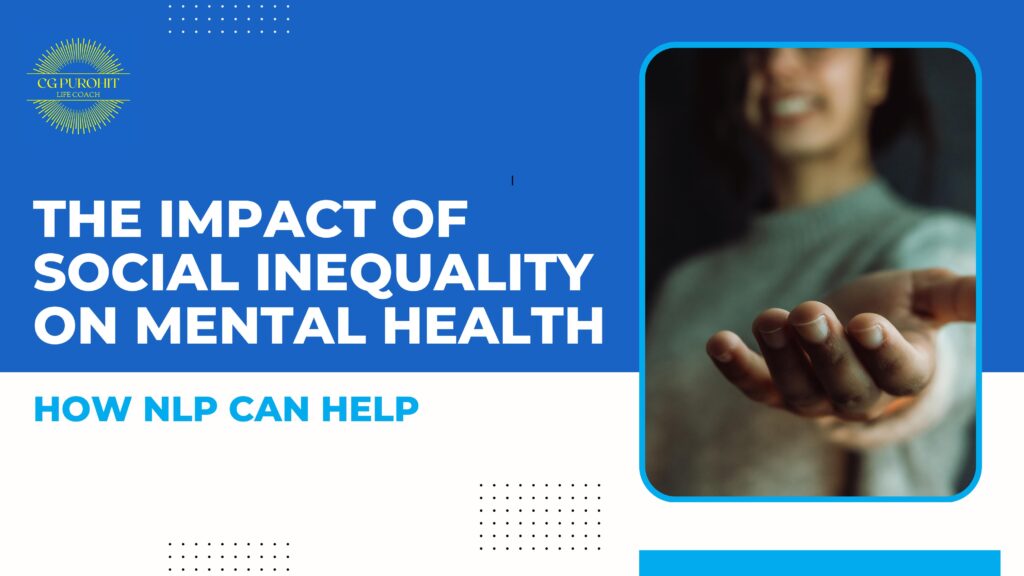
Good relationships—whether personal or professional—are built on effective communication. However, communication is more than just exchanging words. It involves listening, understanding, and responding in ways that strengthen the bond between individuals. Whether you’re connecting with a partner, family member, friend, or colleague, mastering practical communication strategies can lead to deeper trust, reduced conflict, and stronger connections.
Here are some actionable strategies to help you build stronger relationships through effective communication.
- Practice Active Listening
One of the most critical aspects of communication is listening—not just hearing but truly understanding what the other person is saying.
• Give Full Attention: Maintain eye contact, nod to show understanding, and avoid distractions like checking your phone.
• Reflect and Clarify: Summarize or paraphrase what the other person has said to confirm you’ve understood them correctly. For instance, “So what you’re saying is…”
• Avoid Interrupting: Let the other person complete their thoughts before responding. This shows respect and allows them to feel heard.
When people feel genuinely listened to, they’re more likely to open up, creating a stronger connection.
- Be Honest and Transparent
Honesty is the foundation of trust in any relationship.
• Share Your Thoughts: Express your feelings and opinions honestly but tactfully. Use “I” statements like, “I feel concerned when…” to avoid sounding accusatory.
• Admit Mistakes: Acknowledge when you’re wrong. Taking responsibility for errors fosters respect and understanding.
• Set Clear Expectations: Be upfront about your needs and boundaries. Misunderstandings often arise when expectations are unclear.
Transparent communication prevents confusion and builds a sense of security in the relationship.
- Develop Empathy
Empathy—the ability to understand and share someone else’s feelings—is key to building strong relationships.
• Put Yourself in Their Shoes: Try to see the situation from the other person’s perspective.
• Validate Their Feelings: Even if you don’t agree, acknowledge their emotions with phrases like, “I can see why you’d feel that way.”
• Be Patient: Some people take longer to express their thoughts. Give them the time they need without rushing.
Empathy fosters a deeper emotional connection and helps resolve conflicts more effectively.
- Use Nonverbal Communication Wisely
Nonverbal cues like body language, facial expressions, and tone of voice play a significant role in how your message is perceived.
• Maintain Open Body Language: Avoid crossing your arms or looking away, as this can seem defensive or disinterested.
• Pay Attention to Tone: Your tone can convey emotions that words alone cannot. Speak calmly and kindly.
• Be Mindful of Facial Expressions: A warm smile or a nod can enhance understanding and connection.
- Resolve Conflicts Constructively
Conflict is inevitable in any relationship, but how you handle it makes all the difference.
• Focus on the Issue, Not the Person: Avoid personal attacks and concentrate on solving the problem.
• Stay Calm: Take a deep breath before responding, especially during heated moments.
• Collaborate: Work together to find solutions that satisfy both parties.
Constructive conflict resolution strengthens relationships by showing mutual respect and commitment.
Conclusion
Effective communication is a skill that can be cultivated with practice and patience. By actively listening, being honest, showing empathy, leveraging nonverbal cues, and resolving conflicts constructively, you can build stronger, more fulfilling relationships.
Strong communication doesn’t just resolve misunderstandings—it deepens trust, strengthens emotional bonds, and paves the way for lasting connections. Start applying these strategies today and witness the transformation in your relationships


